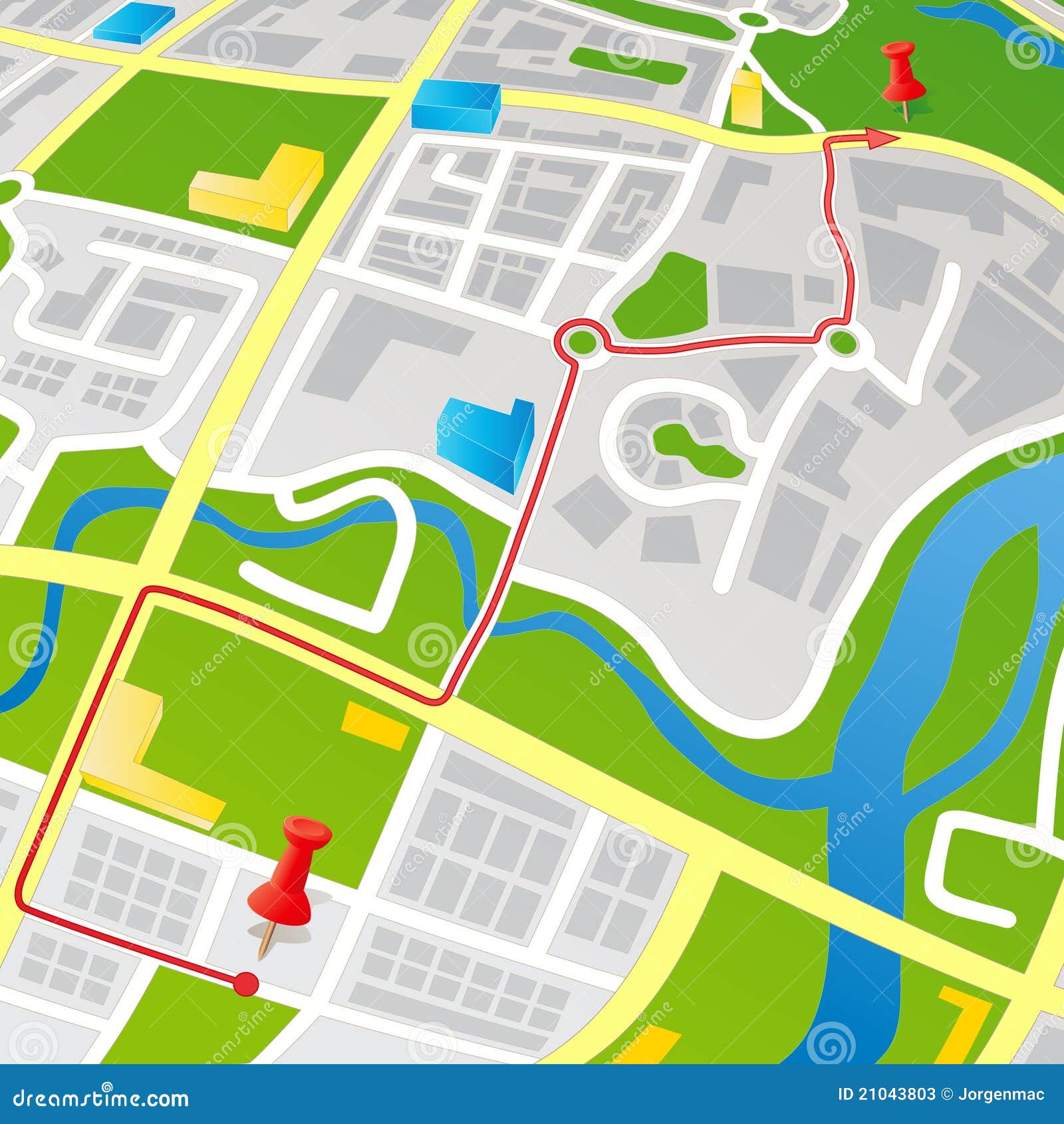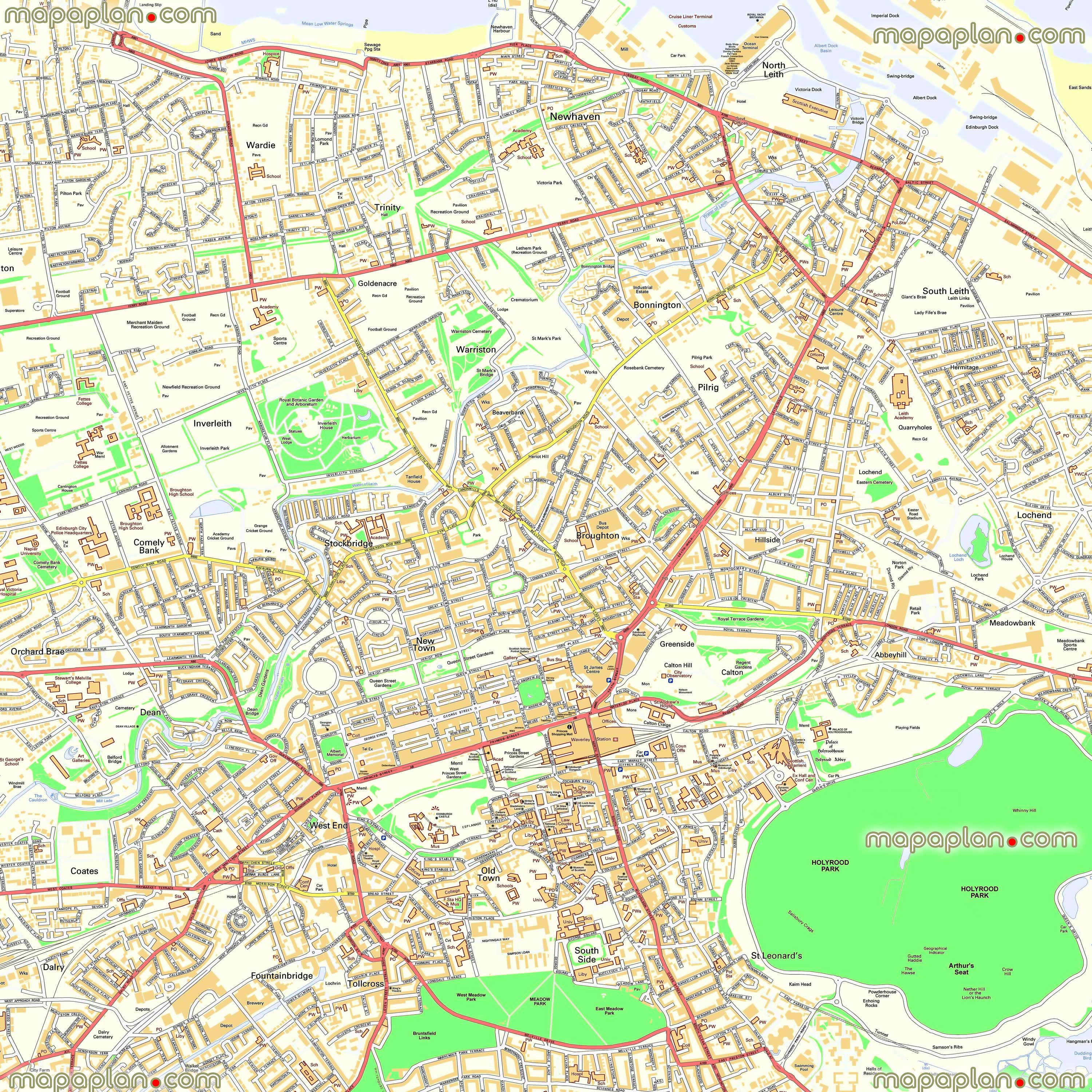
Street map download -minecraft - all
Street map download -minecraft - sorry, not
Spatial Analysis Lab at University of Richmond
OpenStreetMap (OSM) is a collaborative map of the world where users can edit and update maps of their communities in real time. It was inspired by the success of Wikipedia and has quickly spread to become a force in online mapping world. While local governments in the US and other western countries are rapidly deploying “Open Data” platforms, there is still great unevenness in the quality, scale, and availability of worldwide data, especially data in previously colonized/developing countries. OSM provides a platform for citizens to contribute to the availability to data anywhere on the globe and often fills in gaps in data availability quicker than governments or nonprofits can. This is evidenced by OSM’s “mapathons” held after natural disasters, where individuals from universities, corporations, and non-profits collaborate to update road, building, and other key infrastructure data using satellite imagery so relief workers can utilize the best data in their response efforts.
When we have faced challenges in acquiring data for a particular area or region through traditional methods, we often turn to OSM for a solution. OSM will often have more updated and complete roads/infrastructure data than other sources. These data are especially useful for cartographic endeavors where finding layers quickly for context is essential.
However, OSM data is not as immediately available for download in ArcGIS friendly formats. Here I will show 2 methods of downloading OSM data for use in ArcMap.
The first method is to download directly from the OpenStreetMap website using their exporter. Simply go to www.openstreetmap.org and find the area you would like to download data for. Hit the “Export” button and you will see a screen with the Extent of the download appear. You can customize this download as either the “current extent” or manually select an area by bounding box. Then hit “Export” and download the file as a .osm file. Now you need to convert this .osm file to a .shp file. You can use mygeodata.cloud for free conversions (up to a certain file size) or look up another converter on the web. The output will be separate shapefiles for points, lines, and polygons. I recommend using the original OSM map to identify the feature categories you want to pull out.
QGIS is an open source GIS platform. It is known as one of the best open source GIS options for those who do not have access to (or don’t want to pay for) ESRI software like ArcMap. QGIS has built in functionality to download data directly from OSM and convert it into shapefile format. You can follow these directions: http://learnosm.org/en/osm-data/osm-in-qgis/.


-
-
-